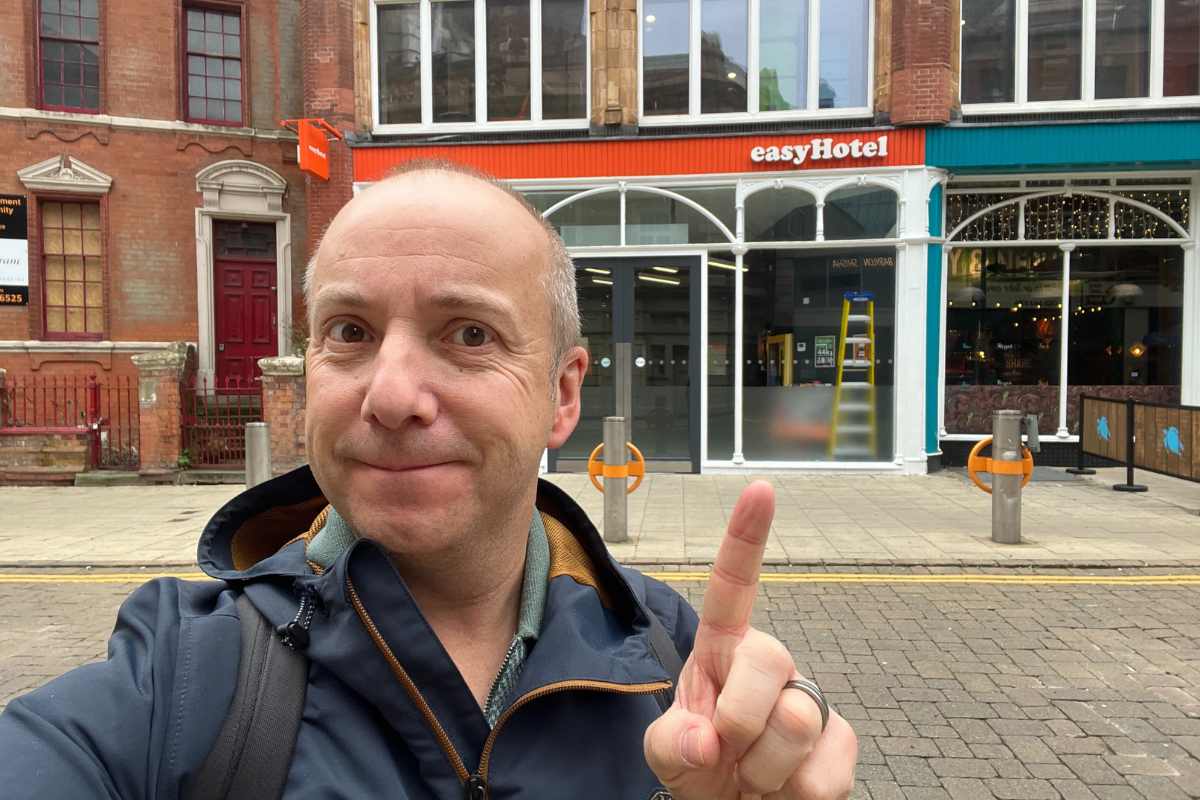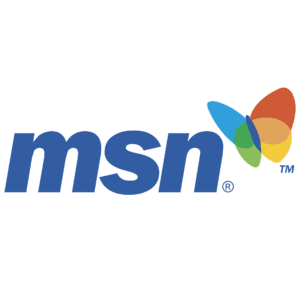
easy Hotel Birmingham England Review (My Stay Experience)
Here are the essentials on staying at an easyHotel, why easyHotels are worth it, and a personal review from me of a recent stay at easyHotel in Birmingham, England, UK.

Here are the essentials on staying at an easyHotel, why easyHotels are worth it, and a personal review from me of a recent stay at easyHotel in Birmingham, England, UK.

In this article, we will share some helpful information on the different types of jet ski packages available, considerations to keep in mind when hiring a jet ski, and our experience with a Jet Ski Safari tour.

Operated by a Dutch and English husband and wife team, the gorgeous Afrikat Catamaran was a luxury cruise with remarkable attention to detail and outstanding hospitality, making it one of the best day excursions in the Canary Islands.

Are you looking for a great value stay in Gran Canaria, with decent accommodation, facilities, and access to the very best of the south of the island? If so, this review of my recent trip to the Caybeach Princess, Gran Canaria is worth a read, as I consider it a great choice for your stay.





Owner of Travelspock
Hi, My name is Carl Broadbent. Welcome to my website.
Here’s one of my latest resort reviews
This website is here to help you find the right destination for your family vacation whilst also offering tips and advice we have acquired from our travels around the world.

Editor
Hi there! My name is Slobodan. I’m one of the editors at Travelspock and along with Helen we make sure that all the information the writers provide is accurate and presented in such a way that it makes reading easier for you.

Editor
Hi, I’m Helen. I have travelled exstensively over the past 30 years and lived in several countries including my all time favorite place Jamaca.
I now live back in the United Kingdom and edit for Travelspock and several other websites in my spare time.

UK Writer
Hey, I’m a freelance writer, translator and former MFL teacher based in Saltburn-by-the-Sea, UK. When not writing with her dog curled up at her feet, she enjoys running and performing on stage in local amateur dramatics productions.

Travel Writer
Hi there! My name is Joe, and I am a travel writer and blogger with a passion for discovering new places and sharing my experiences with others. From city breaks to epic road trips, I am always on the lookout for my next adventure

Writer
My name is Karen Bradshaw, I’m a writer and fiction author with a passion for literature. In my spare time, I’m a big foodie and enjoy trying different cuisines as well as spending time with my three children

Travel Writer
I’m a successful travel blogger and freelance writer.
When not busy writing, you’ll find her curled up in her reading corner enjoying a cup of tea and a romance novel.

Travel Writer
I have over 5+ years of experience in the travel industry, and I’ve written for some of the world’s leading publications. My work has been featured in The New York Times, The Huffington Post, and Travel + Leisure, to name a few.

Travel Writer based in Barcelona
Based out of Barcelona, I love exploring and am always searching for my next big adventure. My favourite places in the world so far have been India, Budapest, and China.

UK Writer
I’m a writer and former teacher from Sheffield, UK. I speak three languages and enjoy running and hiking. I have three sons and a dog called Chaos.

Japan & Greece Travel writer
Caroline Walter is a tourism and retail professional, with experience in the airline and tour operating businesses in Australia, the UK, and France, as well as in Japan.